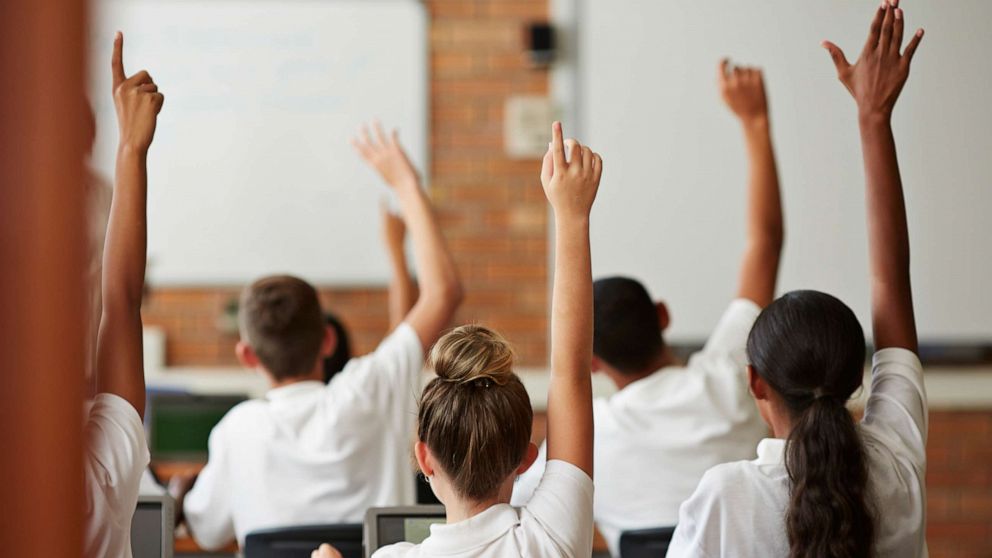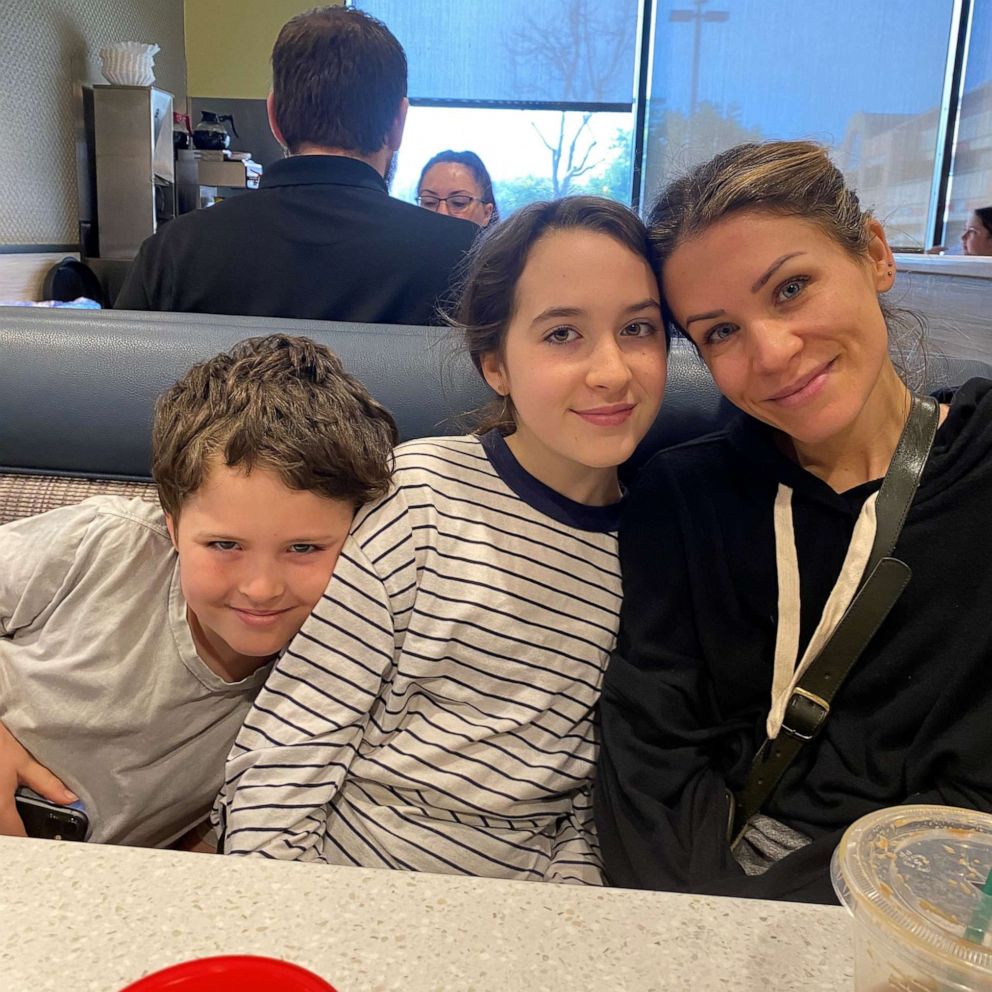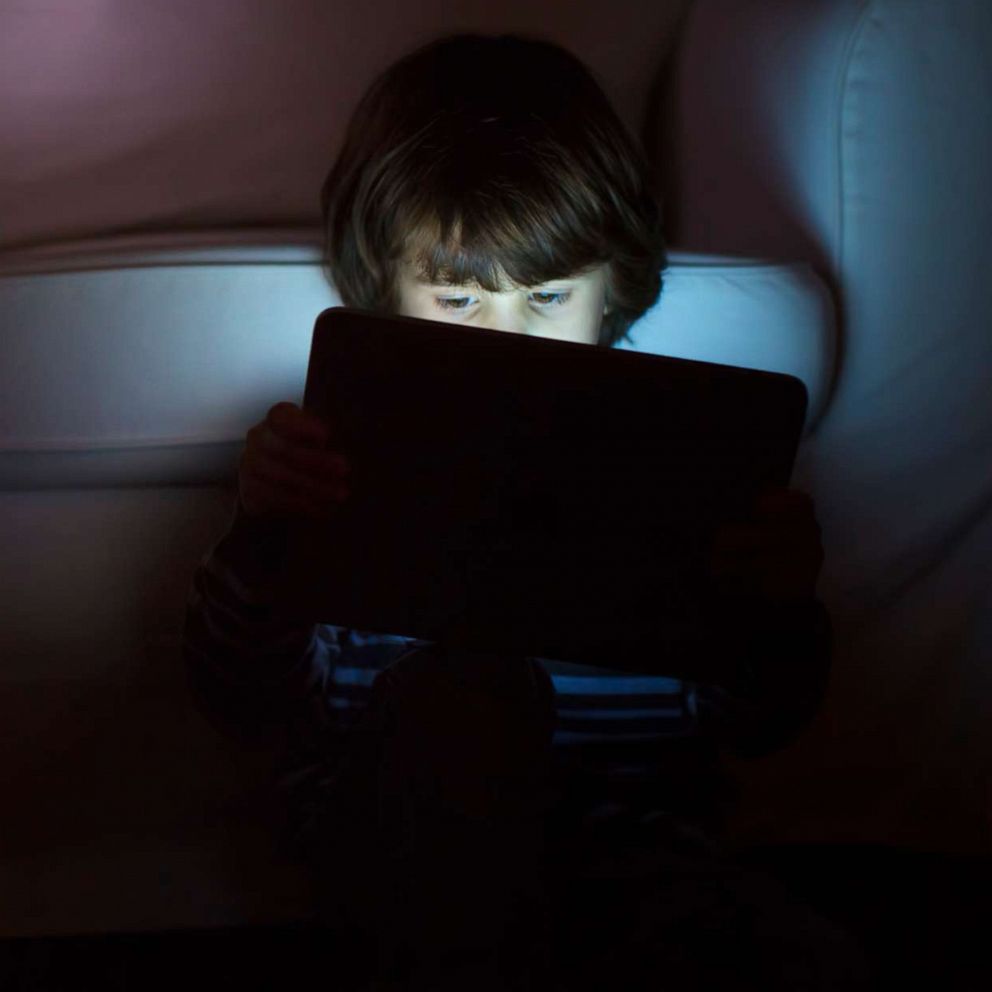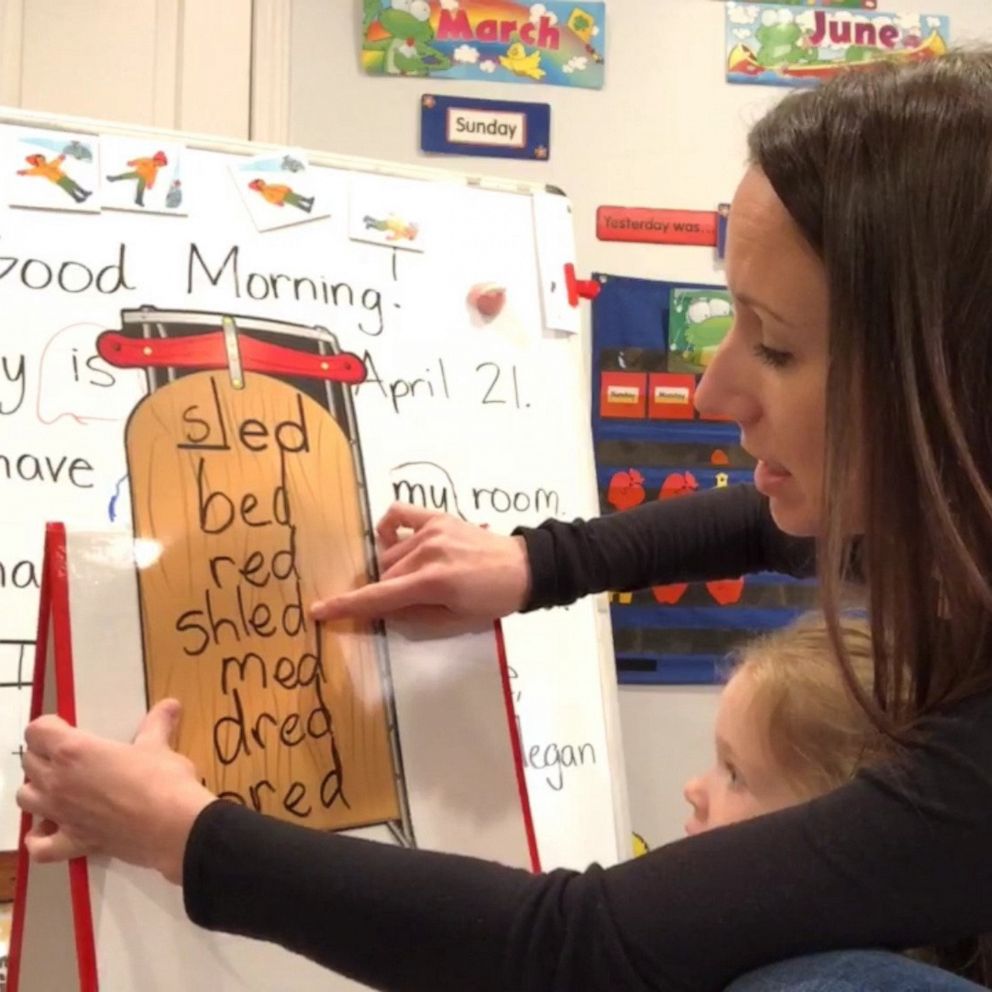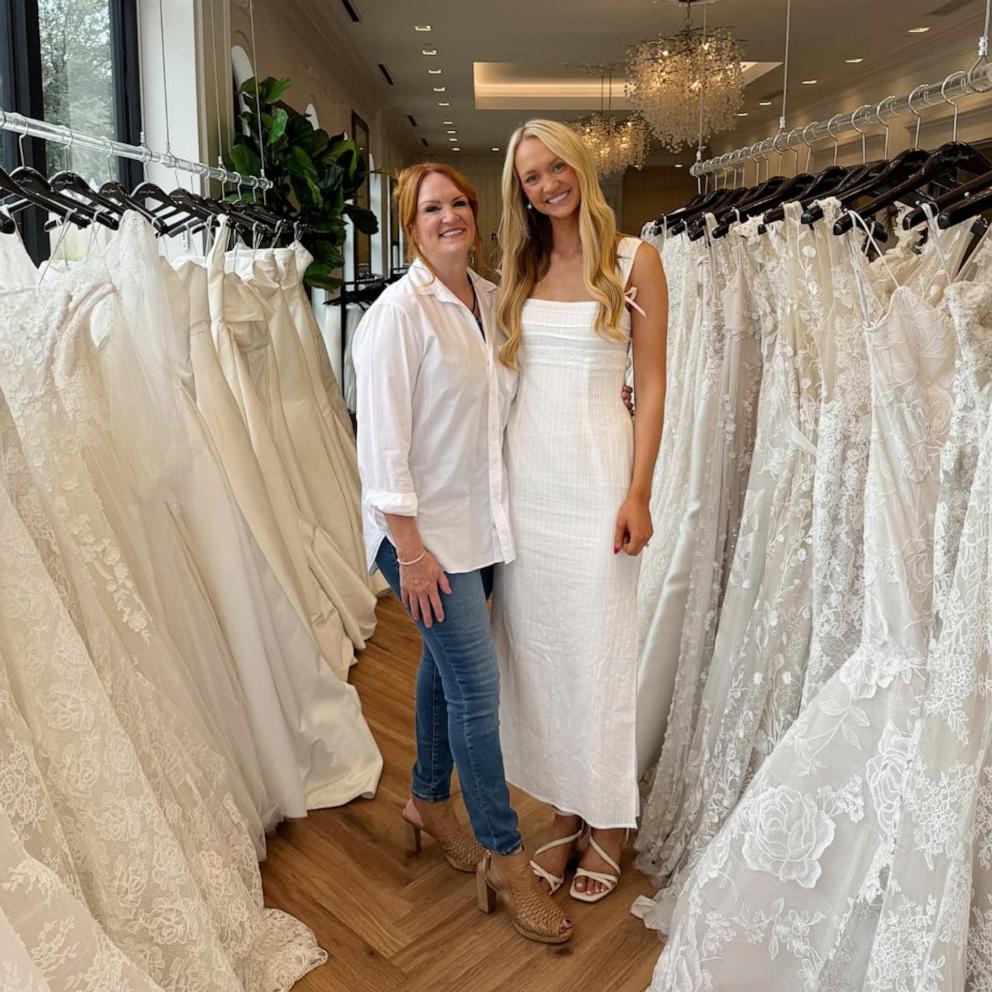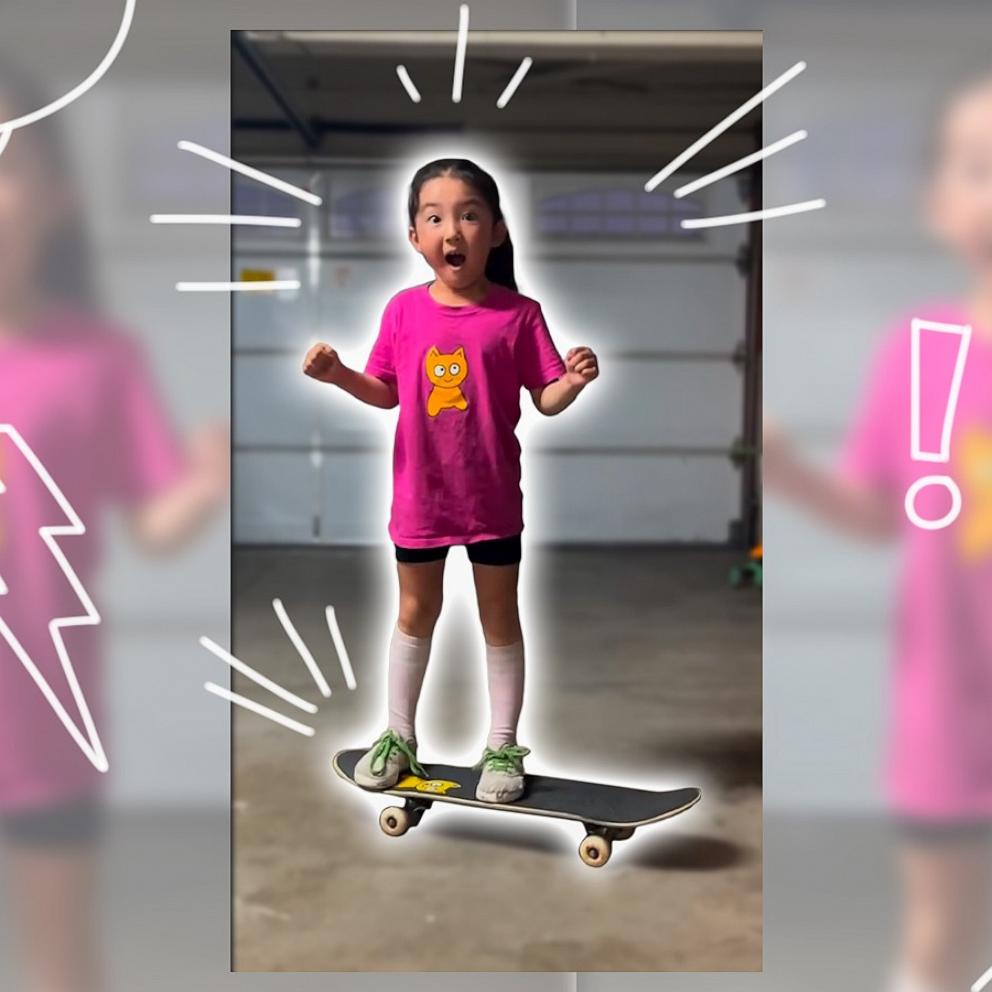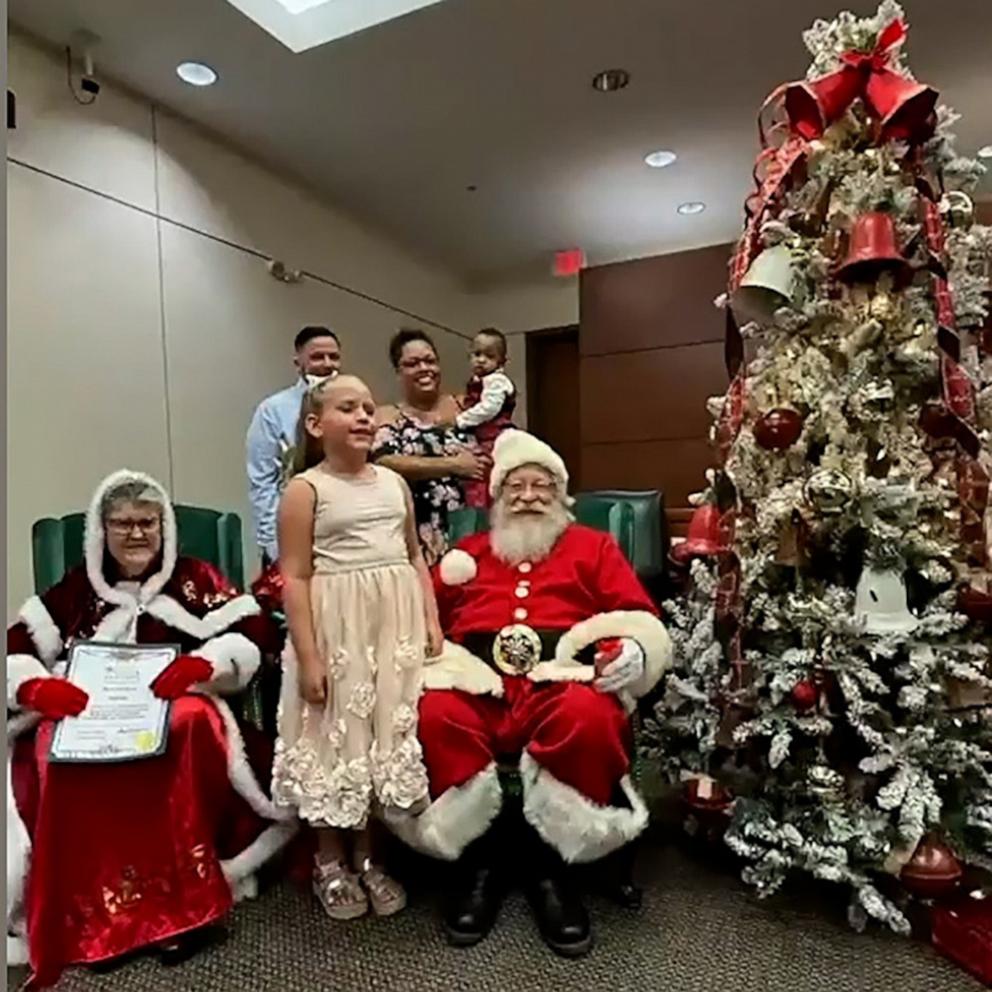Microschooling: The new way parents are getting creative about school for the fall
Amid the coronavirus pandemic, school and child care are two challenges that many parents across the country have been struggling with -- especially if those parents are also juggling work too.
For the Barrow family, it's something they know all too well and are trying to prepare for ahead of the fall, when school starts back up again.
“When the pandemic hit, it was craziness, while at the same time finding out we needed to be doing this distance learning,” said Darcy Alkus-Barrow, a mother of two who works full-time, as does her husband.
Now, the family of four is turning to a growing trend called microschooling, a home-based learning center for younger children that house four to 12 at a time, in a garage or spare room.
"I need a few hours each day when I can work," said Barrow on why her family is turning to microschooling. "And my daughter is maxed out on Zoom school. That type of learning isn't so great for her."
According to the Microschool Coalition, the microschool model is "determined to transform education, creating more and better learning environments for our children" and "redesign the learning experience."
The way it works is that microschools can employ an accredited teacher, or parents can even rotate as a teacher in more of a co-op mode.
By staying with the social pod or COVID-19 cluster idea, it also minimizes exposure between families, creates social stimulation for kids and provides some relief for parents.
“Because they’re small, often times they’re not even known about it,” Dr. Maureen O’Shaughnessy, the author of "Creating Micro-Schools for Our Colorful Mismatched Kids” said of microschools. “They are in demand with waiting lists because smaller and more communal makes kids get served better.”
“In this time of pandemic, it's an added bonus. They can be much safer than larger schools,” she said. “Their social distancing, the six-feet apart, is much more doable.”
Currently, Facebook community parenting groups are one way these pods are forming, but the entire concept begs a lot of questions, like: Who will teach? What will the curriculum be like? Who's house will microschool sessions be held at and for how many hours? How much, if anything, will it cost?
While the idea of microschools is still up in the air, the Barrows are staying positive and are hoping that the microschool community will work for their children.
"There’s no way it’s going to work for our family to preside over distance learning,” said Barrow. "We're going to figure out something at home that will work for us."
